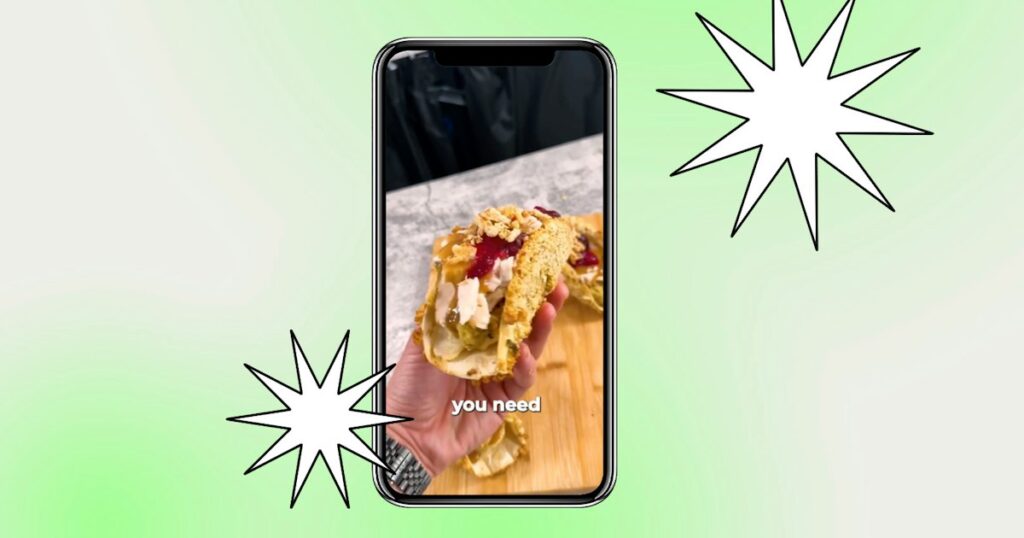[ad_1]
When someone harms or upsets us and they then apologise, it is effortless to think that’s the conclude of it. Dilemma solved. Let us move on. We have uncovered that obtaining an apology is what issues. So when we often really feel much more harm and upset after receiving an apology, this can be super complicated. We, and perhaps the other party, could possibly speculate what’s ‘wrong’ with us. But the straightforward purpose for why we come to feel even worse soon after the apology is that, perfectly, we may have been given a problematic apology. This features backhanded, non-apologies that in essence giveth with one hand and taketh with the other. At the really least, how the person apologised compounded how we felt and made the circumstance worse, not better.
Problematic apologies, together with backhanded/non-apologies, usually characteristic some or all of the next:
- Centering them selves
- Manipulation, which includes gaslighting and psychological blackmail
- Lack of empathy, integrity and obligation
- Insincerity
- Clinging to image, intentions or even previous very good deeds alternatively of acknowledging effects
- Defensiveness
- Minimising your feelings, knowledge, influence
Here’s why someone’s apology may perhaps have upset and harmed you even more in its place of paving the way to the restoration and maintenance of the romance:
- Now that you believe back again on it, they did not basically say the phrases “I’m sorry” or “I apologise”.
- It was an empty apology. Certain they said the terms but there was so minimal electricity, sensation and articles, they could have been chatting to a cardboard cut-out. Their apology was far more of a ticking-box work out.
- It was a generalised apology that prevented specifics. In your subsequent dealings with this person, it is develop into progressively obvious that they did not know what they were being apologising for.
- By expressing “I’m sorry you really feel that way” or “I’m sorry you are offended/upset” alternatively of straight-up apologising, they manufactured your reaction and reaction the challenge, not what they explained or did. For bonus factors, they may have claimed that you’re “too sensitive” or that you have a “chip on your shoulder”. Observe, this is a form of gaslighting.
- They bought upset or took offence at you having an challenge. e.g. Stating you mustn’t imagine much too extremely of them if you’re upset. Casting aspersions on your character. Suggesting your response to their overstep is disrespectful. I know, I know! Make it make feeling!
With problematic apologies, in its place of acknowledging what was damaging/upsetting/around the line, the particular person centres their emotions, intentions and graphic.
- They are far more upset about how you and others perceive them than the impact of their steps. In its place of acknowledging what was harmful/upsetting/around the line, they centred their emotions, intentions and graphic. e.g. They say a little something racist even if it was not what they supposed. Fairly than acknowledge the harm and deal with it, it’s “I’m not a racist!” Subsequent detail, they want an apology from you.
- Their angle to increasing the situation compounded and exacerbated the authentic harm and harm. e.g. After increasing the situation, they refused to consider obligation and blamed you. Or, right after briefly acknowledging the difficulty, they informed you all about by yourself. They took it as an chance to voice criticisms and fears they’d sat on.
- They retain stating “That’s not what I meant” but haven’t clarified what they did suggest. They may possibly even assert that you “wouldn’t realize anyway”.
- Their responses prompted you to second-guess and shame your self. Probably I’m making a large offer out of very little more than that put-down about my bodyweight.
- Your energy is devoted to placating their upset about hurting you and reassuring them that they are not a awful person. Um, hello! What about you?
- They’ve pressed the reset button and are performing as if nothing at all occurred. It is not that you want to drag items out you have discovered tension although, and you are walking on eggshells mainly because they’re steering clear of the subject matter.
- They pressured you to take the apology or forgive them even although you weren’t completely ready.
- Or, you prematurely forgave them due to the fact you felt guilty for remaining upset or feared you’d reduce them.
Don’t make how an individual does or does not apologise about you staying “good enough”.
Regardless of whether someone apologises or how they do it has nothing to do with your worthiness.
No matter how fantastic and awesome you are no matter how wronged you are by the other party, you can’t ‘make’ anyone make amends.
A absence of apology or how you feel later on is not a reflection of the validity of the concern and the affect of their behaviour or text.
How people today do or don’t apologise is about their connection with obligation, empathy, and apologising. We all have emotional baggage, like good and detrimental associations with, properly, almost everything, based mostly on past activities. You are not, for instance, likely to get a great deal of an apology out of a person who believes they were being blamed unfairly in the earlier or who has discovered to prioritise graphic over steps. If an individual figured out to apologise by being forced into it, for occasion, as a little one, again, it’s not going to be a honest apology.
Acknowledging that you feel even worse even with acquiring an apology is crucial. This nugget of data is your prompt to practise self-treatment, like self-validating and generating healthier boundaries. Really don’t deny your thoughts or what’s happened to cosign to this person’s variation of activities. Suppressing and repressing your thoughts and encounter will guide to resentment and damage your nicely-being.
Recognise where you may be gaslighting your self or focusing as well significantly on what they’re wondering and emotion. If you get to handle the challenge with them again, stick to facts. You said… You did…and repeat what they stated or factually explain what they did. Or, use awareness of why it was a problematic problem as a leap-off position. e.g. I know you feel you apologised, but you didn’t. As a substitute, you blamed me by declaring X, and that’s not neat.
When you convey to yourself the real truth, you have the boundaries to lovingly help yourself rather of men and women pleasing and beating yourself up owing to other people’s emotions and conduct. When it is not likely to erase the damage, retaining it real and getting care of you limitations the impression.
The Joy of Stating No: A Very simple Program to Prevent People today Pleasing, Reclaim Boundaries, and Say Sure to the Lifestyle You Want (Harper Horizon/HarperCollins) is out now and available in bookshops on and offline. Pay attention to the to start with chapter.
[ad_2]
Resource url








